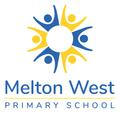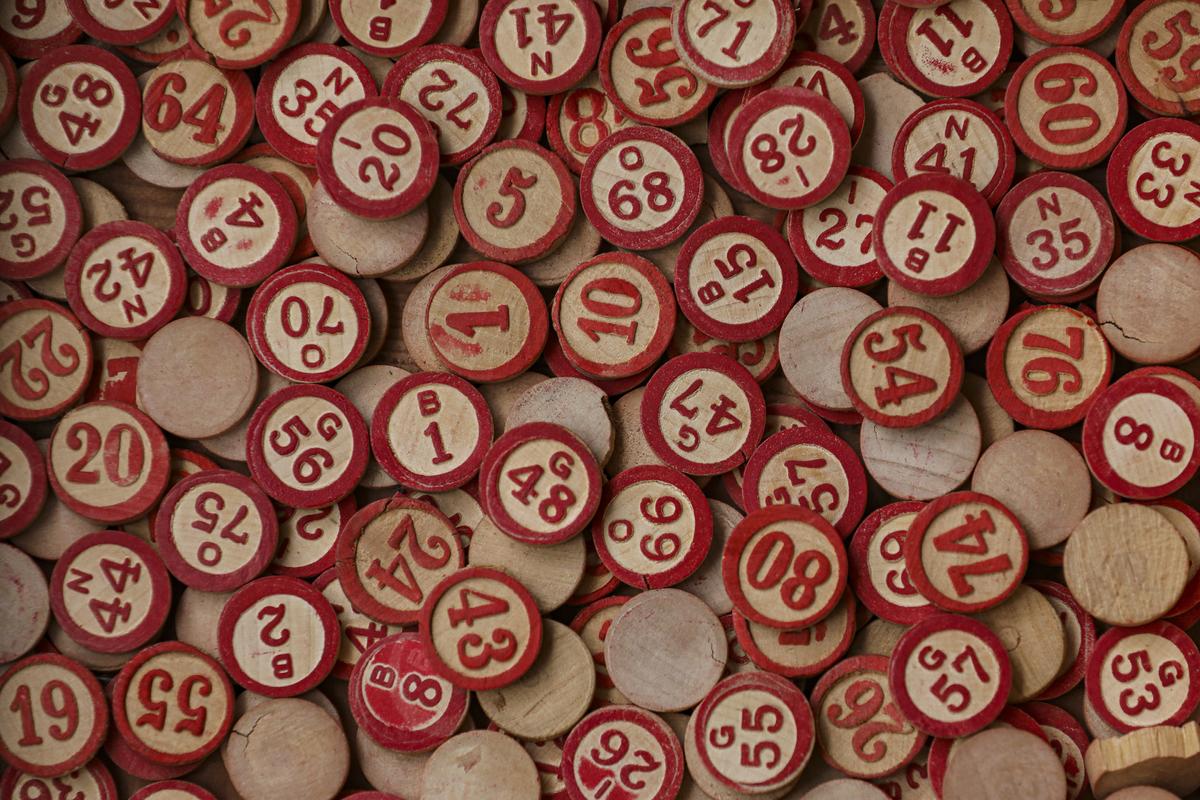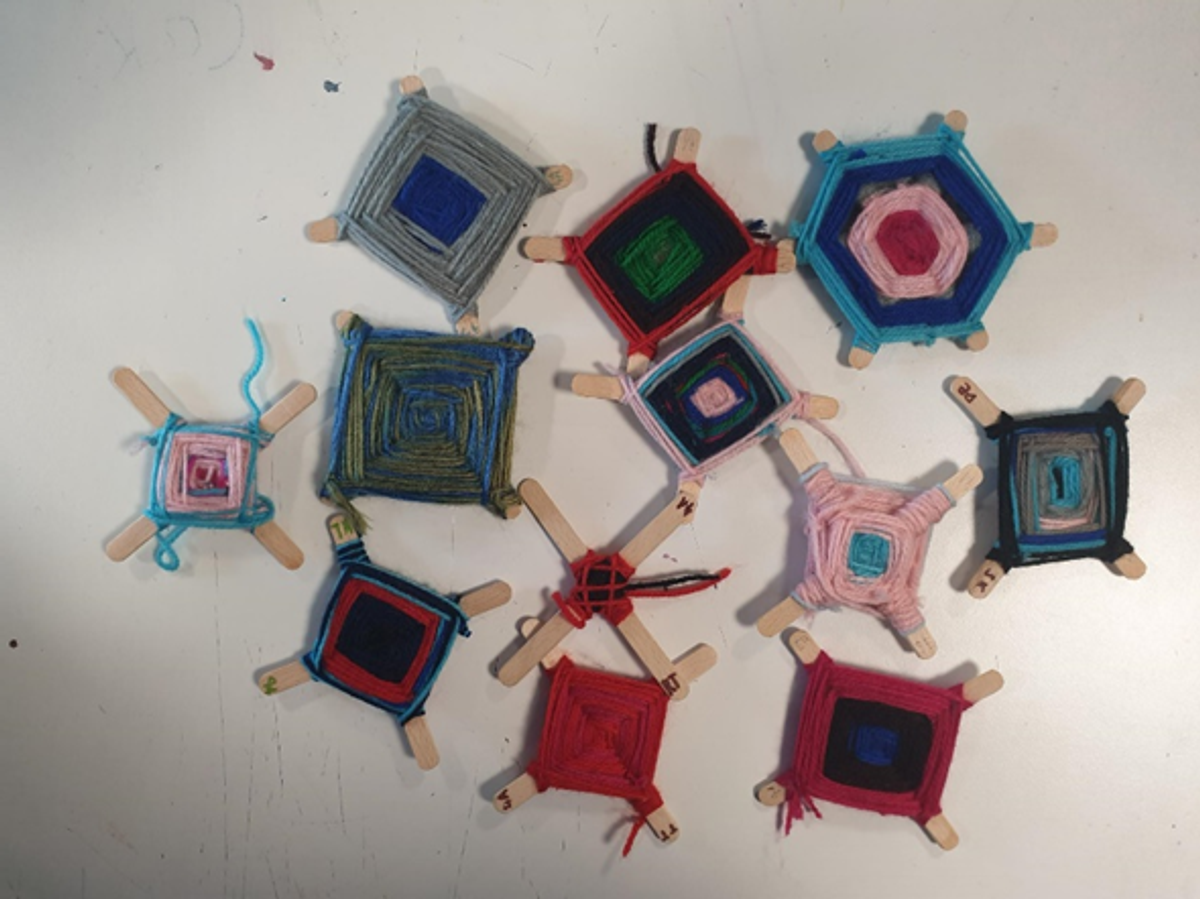Year 3 News

English
Reading
This term in Reading, Grade 3/4 students will be focusing on Questioning to help us further understand and engage in the texts we will be reading. Students will start by identifying the differences between a question and a statement. This will allow them to ask questions about the texts we will be reading throughout the completion of the term. As the term progresses, students will be reading different fiction and non-fiction texts, first analysing key vocabulary found within the text and then asking thin (Yes or no answer) or thick (open ended) questions they may have about the text. They will then determine and explain how they were able to answer these questions they had about the text. Once students have asked their thin and thick questions they will be asked to write a short summary of the text they have just read. We will also be focusing on synthesizing once a week throughout the completion of the term. This will involve students establishing what they already know, what they want to learn and finally what they have learnt about a text they have just read. It looks to be an exciting term in reading.
Writing
This term in writing, Grade 3/4 students will begin the term on constructing procedural texts. Firstly they will begin looking at the structure of a procedural text, which will include a goal, materials and steps on how to achieve the goal of the procedural text. They will then establish a class topic that they will focus on for the entirety of the term. Students will be focusing on non-fiction procedural texts that will teach someone how to do or make something. Students will then analyse key vocabulary in the texts they have just written. They will then commence writing their own procedural texts incorporating a goal, materials and steps on how to do or make something. They will finally incorporate revising and editing strategies such as ARMS and CUPS to ensure their work is completed to the highest standard possible. In the second half of the Students will focus on constructing information reports. Students will begin the topic by looking at different examples of information reports. They will then move on to deconstructing an information report looking for text features such as diagrams, pictures, facts and content pages. Students will next focus on language features of an information report, before finally constructing with an example provided by a teacher their very own information report. Students will have the opportunity to write numerous different types of information reports throughout this topic.
Mathematics
This term in mathematics, students will begin the term learning using the three-two strategy, where they will focus for three lessons in the first week revising their addition and subtraction and the other two lessons on time. In addition and subtraction, students will focus on revising previously learnt addition and subtraction strategies such as part/part and whole, count on/count back, jump strategy, bridging strategy and finally near doubles. This is done to ensure they fully understand addition and subtraction. In the time unit, Students will focus on being able to read an analog clock using correct terminology and being able to identify features of an analogue clock. Students will then be focusing on elapsed time and how to use a calendar. The next topic students will be focusing on is location. They will be learning about visualization strategies they can use to follow and give instructions. They will then learn about understanding and reading maps as well as creating a simple map of a known place to them. Over the last half of the term students will again be learning using the three-two strategy, focusing on multiplication and division for three lessons a week and capacity and area for two lessons a week over six weeks. In multiplication and division students will learn to solve multiplication and division equations using different types of strategies such as arrays, fact families and skip counting. Learning will also have a heavy focus on open ended problems to ensure they are able to use these strategies in the real world. During the commencement of the capacity topic, students will be learning about the formal units of measurement as well as comparing, measuring and ordering the capacity of an object. Lastly, students will focus on the topic of Area. This will involve students understanding that area is the space within a shape. They will solve the area of different types of two-dimensional shapes as well as solve worded area problems. It is shaping up to be a great term in mathematics!
Inquiry
In term 3, our Grade 3 learners will be exploring a topic called, ‘Roam If You Want To’. The key understanding for this unit is: ‘European settlement had a major and lasting impact on the lives of the Indigenous people of Australia.’
Students will work on their research skills as they inquire into why the great explorations occurred and why Europeans settled in Australia. They will have access to a selection of experiences, websites and videos from which they can find the answers to their questions and take notes, also furthering their experiences in ICT. Students will also build and deepen their understanding of the nature and consequence of contact between Aboriginal and Torres Strait Islander peoples and early traders, explorers and settlers. Our Grade 3 students will explore how life was for the Indigenous Australians before European settlement and compare this to how life changed when the Europeans established a penal colony in Botany Bay. Students will then synthesise their notes and findings to create a final assessment piece that shows the causes and effects of European settlement on an Australian area with the use of ICT to support their arguments. It is sure to be a fantastic term in inquiry.
Science
This term in Science, Grade 3/4 students will be focusing on the Physical Science strand. Students in Grade 3/4 will be observing how speed is affected by the size of a force. They will be exploring how non-contact forces are similar to contact forces in terms of objects pushing and pulling another object. Students will compare and contrast the effects of friction on different surfaces, such as tyres and shoes on a range of surfaces. Grade 3/4’s will also investigate the effect of forces on the behaviour of an object through actions such as throwing, dropping, bouncing and rolling. Students will also be exploring the forces of attraction and repulsion between magnets.
During these investigations students will be continuing to develop the following science inquiry skills – questioning and predicting, planning and conducting, processing and analysing data and information, evaluating and communicating.
LOTE – Chinese
Welcome to Term 3! This term in Chinese we will begin with countries’ unit. In Chinese students will be learning 6 countries both in speaking and writing forms. Firstly they will trace the Chinese names of Australia and China, colour in the Maps for Australia and China. And then they will learn English, Japan, Germen and America. At the same time they will do some revision on numbers, festivals and colours from the previous semester.
Art
Welcome to Term 3 Art! We hope you had a fantastic break and are ready to dive into a term filled with imagination, colour and artistic exploration. Term 3 promises to be an exciting time for all students from Foundation to Grade 6, as we embark on a journey of creativity in the art room.
Students will unleash their inner artist, as they have a plethora of captivating activities planned for them this term. A range of engaging projects that will allow students to express themselves through various mediums, from weaving wool to foil sculptures, clay sculptures, painting, drawing and lots more. The Art room will be buzzing with inspiration and artistic expression. We started the term off with making Gods eyes. The students had lots of fun making these and learning all about the weaving technique along the way. I can’t wait to see the masterpieces our students produce throughout the term. Wishing you all an inspiring and artistic Term 3!
P.E.
For term 3 the grade 3 students will focus on the sports of football and soccer. For each of these sports students will learn the relevant skills needed to play and participate in games. Once the students have learnt the relevant skills, they will be given the opportunity to participate in a games-based approach to Physical Education. This means they can apply these learnt skills to games-based activities and are given the chance to learn through play. Students will be engaged in small-sided games of football and soccer and will be given the opportunity to show and apply their skill development. Students will use their prior learning and will continue to build their skills through game play. Students will have ample opportunity to play games and learn as they play. By the end of the term, students will have had the opportunity to show their ability to play football and soccer. They will also be given every chance to show their problem-solving ability, teamwork capabilities and rule knowledge. This term should be a great one with heaps of learning taking place. I can’t wait to work with the grade 3 students! We have plenty of exciting learning ahead and I am looking forward to all of it.




